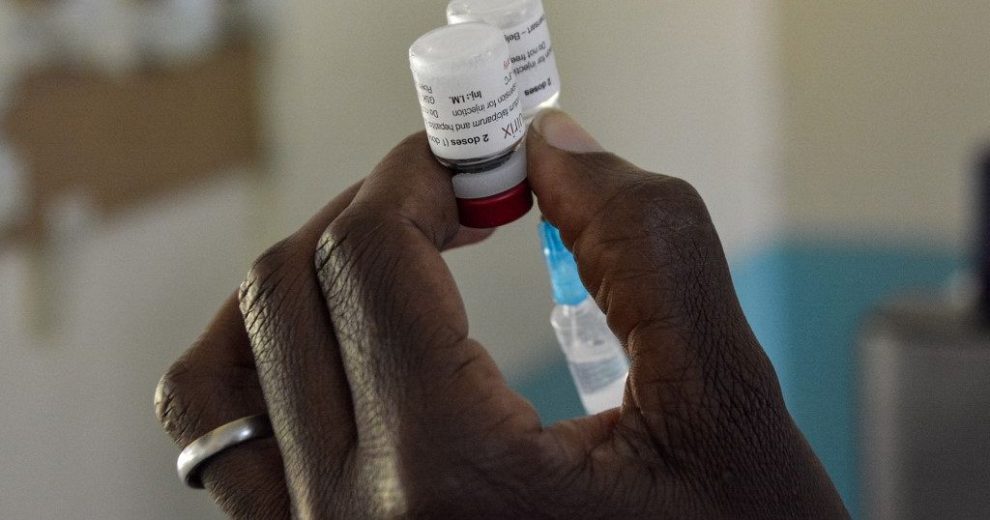A new report from the World health Organization (WHO) claims that the coronavirus pandemic interrupted efforts to control malaria resulting in 63,000 additional deaths and 13 million more infections globally over two years.
The report, published this Thursday, adds that cases of the disease went up in 2020 and continued to climb in 2021 although at a slower pace.

“Through disruptions of essential malaria services and through pressure on national economies and several other disruptions, the pandemic has had an impact, even though countries have managed to prevent the worst case scenario. Over the two years of the pandemic, we estimate that about 63,000 additional deaths and about 13 million additional cases were due to disruptions during the COVID 19 pandemic.
The disruptions due to the pandemic continue to pose risks to malaria control… But it’s important to highlight that even before the pandemic, global progress against malaria had stalled”, explained Dr Abdisalan Noor, Head of GMP’s Strategic Information for Response Unit, WHO.
Among the new challenges is a new invasive mosquito species resistant to many pesticides but the greatest hurdle remains funding.
“We do highlight the challenges of antimalarial resistance and particularly concerning is its emergence in the African region and the expansion of a new vector in the African region, Anopheles stephensi, as well as challenges in our diagnostic tools. So these are the areas where we need further investments, both in research and development, but also further investment in putting in more expensive interventions”, concluded Dr Abdisalan Noor.
Africa remains the continent most affected by malaria.
According to the UN, last year there were 619,000 deaths from malaria and an estimated 247 million infections. Ninety-five percent of these occurred in Africa.
Source:https://www.africanews.com/




















Add Comment